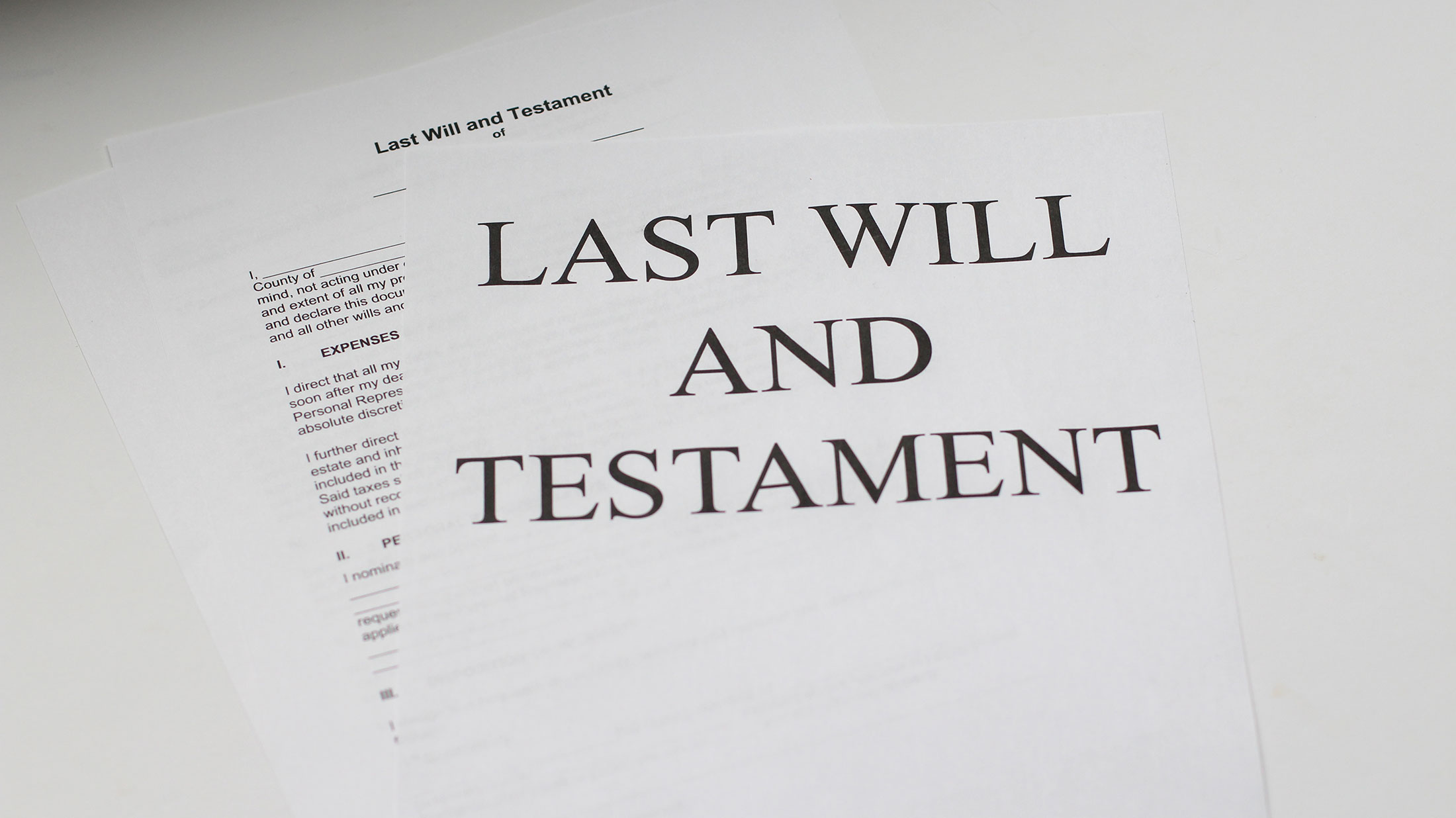Contesting a Will in QLD: A Comprehensive Guide
The death of a loved one is never easy, and the added stress of legal disputes can make it even harder. If you feel that a will does not reflect the wishes of the deceased or that you have been unfairly excluded, you may be able to contest the will in Queensland. In this article, we explain everything you need to know about contesting a Will in Qld.
What Does Contesting a Will Mean?
The Succession Act 1981 (Qld) governs wills and how you may contest a will in Qld. When someone talks about "challenging" or "contesting" a Will, they usually mean one of two things: questioning the legitimacy of the Will, or what they have inherited (in that they believe provisions are not sufficient) under the Will.
The process for contesting a Will depends on which of these two issues applies to your particular circumstances.
Part 4 relates to family provision claims, which are claims brought about by family, dependants or domestic partners of a deceased person who are seeking to achieve a fair share of the deceased’s Estate.
Who Can Contest a Will?
In order to be able to contest a Will, you must be an eligible person.
Eligible persons include:
• The spouse of the deceased;
• The child of the deceased; and/or
• The deceased’s dependant.
A child includes both a step-child and an adopted child.
To qualify as a "dependant," you must have been "wholly or substantially maintained" by the deceased person at the date of their death.
A niece or nephew, or a grandchild cannot typically contest a will, however, they may be eligible if they fall within the category of a “dependant” of the deceased.
If you relied financially on the deceased at the time of their death, you may be eligible to contest the Will.
Family Provision Claim
More and more family members or dependants who have been overlooked or left with inadequate provisions are contesting a will in Qld for a share or an increased share of the estate.
Under Qld law, children, spouses, former spouses, certain dependants, or beneficiaries can apply to the Courts if they have not been left any or feel they should be entitled to more of the deceased’s Estate. They do this by filing a Family Provision Claim or Application.
If the challenge is not settled through an agreement, a court will make the final decision. When determining the validity of the claim, the court will consider various factors. These might include:
• the person’s financial position,
• the relationships between the deceased and the potential beneficiaries,
• any special needs of the beneficiary such as disabilities, health issues or age
• what the deceased would have wanted
• and the size of the estate.
You must provide an affidavit containing any relevant facts, supporting documents and history.
Time Limits for Contesting a Will in QLD
If you are contesting a Will in Qld, you must do so within certain timeframes.
Firstly, you must give notice to the executor that you intend to contest the will. This notice should be in writing and must be within 6 months of the date of death.
After six months, if an executor doesn’t receive any notice that a claim may be made, they can distribute the estate. This might mean there won’t be any assets left when the claim is then made.
Following this, the time limits for contesting a Will are as follows:
1. If you are a spouse or de facto partner, you have 9 months from the date of death to contest the will.
2. If you are a child of the deceased, you have 9 months from the date of death to contest the will.
3. If you are a dependant of the deceased, you have 6 months from the date of the grant of probate to contest the will.
4. If you are a creditor of the deceased, you have 6 months from the date of the grant of probate to contest the will.
The Process of Contesting a Will in QLD
If you decide to contest a Will in Qld, there are several steps you need to follow:
1. Obtain legal advice: It is essential to seek legal advice from an experienced lawyer who specialises in estate litigation. They can advise you on your chances of success and guide you through the process.
2. Gather evidence: You will need to gather evidence to support your claim, such as medical records, financial documents, and witness statements.
3. Attempt to negotiate: Before commencing legal proceedings, you should attempt to negotiate a settlement with the other parties involved.
4. Commence legal proceedings: If negotiations fail, you will need to commence legal proceedings in the Supreme Court of Queensland.
5. Attend mediation: Before the matter goes to trial, you will need to attend mediation to try and reach a settlement.
6. Attend trial: If mediation fails, the matter will go to trial, and a judge will make a decision on the distribution of the Will.
Considering Contesting a Will in Qld?
If you're considering contesting a Will in Qld, Pullos Family Lawyers can assist. We have extensive experience in wills and estate litigation, including family provision claims. Our lawyers understand this can be a very sensitive issue for many people; we also aim to do our best in providing open and honest advice about the likelihood of success in your claim, as well as compassion and understanding. Contact Pullos Family Lawyers today to learn more about how we can help you.
